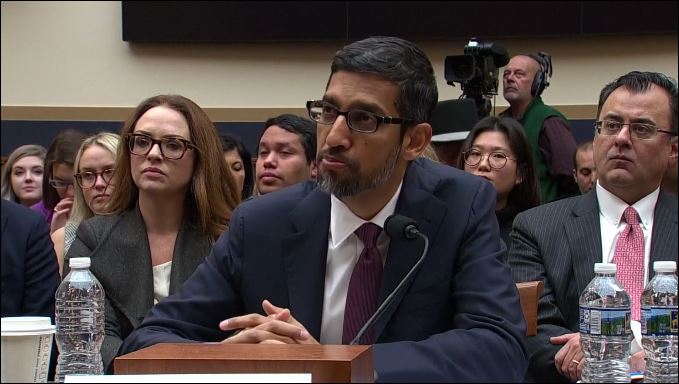The educational testing mania that has gripped the country over the past decade has bared a lethal truth: we are terrible at learning history. As a teacher of that subject, I have seen it become devalued as the focus on math, science and language arts tests have rendered history and social science courses less important in the curriculum. Some students even take a lower level history class so their homework load doesn’t interfere with what they consider to be more useful, and tested, offerings.
And this is new, right? Wrong.
That pain in your tush is the bite history just took out of it.
It turns out that the past is telling us what every working educator knows about evaluating both students and teachers based on a standardized test: it doesn’t work and can falsely label people as failing when in fact they are not. It’s as true now as it was in 1845.
The problem is the assumption that a sit-down test is the most effective means by which to assess a student’s learning, something that education reformers take for granted. The truth is that people learn using all manner of strategies, assumptions, exercises and habits. Students today are more active in their classrooms. The most effective teachers use interactive activities, technology, and differentiated learning strategies that are meant to allow all students to do something during the day that contributes to successful learning. They assess and evaluate their students over time, stressing skills and content knowledge that can ebb and flow over the course of a school year. Much of that can’t be measured with a test, no matter how the questions are worded. The NJ Department of Education is touting the new PARCC tests as the vanguard of a new testing system that will be rigorous, applicable to higher education and the job market, and technologically advanced.
So what. It’s still a sit-down test. And because it uses computers, it will filter out some students who don’t keyboard well, or have difficulty seeing the screen, or whose technology in school is spotty. This is no way to evaluate what students know or to judge how valuable their teachers are to their learning. It’s artificial, biased and deceptive.
Massachusetts learned this lesson in 1845, and we still struggle against it today. If we truly wanted to evaluate students, we would test them using the same strategies effective teachers already use in the classroom. We would use portfolios, performance measures, written exercises that allow students to show content knowledge, but also editing and grammar skills, learning over time, and enable students to explain how they came to an answer either verbally or in an expository fashion. And oh yeah, we could have them answer some questions as they sit at their desks. But that wouldn’t be the whole kaboodle.
The problem with the above, real reforms, is that they don’t allow the politicians to blame unions, undercut collective bargaining, slash money to public education, promote private schools or play politics with the education system. The further problem is that real reform would require an acknowledgement that teachers would need to be intimately involved in the reform process, as opposed to those states, including New Jersey, where not one working public school teacher sat on the commission to overhaul the evaluation system.
It will be a long time before we can right these wrongs, and an even longer time before the students in our classrooms now will realize that they were guinea pigs in a political crusade that cared not a whit about what they learned, how they learned it or whether they could apply it to their lives as long as the testing companies, private enterprise groups and ignorant politicians got their cut.
Americans knew this in 1845. It led to cheating scandals and tooth-gnashing and teacher bashing. It’s too bad things haven’t changed.
For more, go to www.facebook.com/WhereDemocracyLives and on Twitter @rigrundfest









